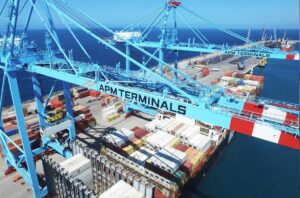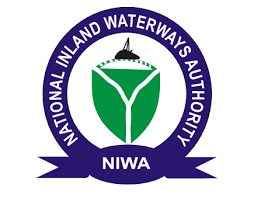Apapa rail connection: Don’t disrupt containers delivery, importers urge CCECC
By Seun Ibiyemi
Importers and agents at the Lagos Port Complex, Apapa, have urged China Civil Engineering Construction Corporation (CCECC), the contractor handling the construction of rail line at the port, to ensure that it does not disrupt the movement of containers in and out of the port.
The port users believe that the disruption of the movement of containers at the nation’s busiest seaport will further increase the prices of goods in the market, worsen inflation in the country and compound the Apapa gridlock.
In November, the importers and clearing agents said they were unable to conclude their transactions while loaded trucks were unable to exit the port when CCECC mobilised to site, blocked the container terminal truck exit gate and began demolition of structures in the terminal. The blockade also made it impossible for empty trucks to enter the terminal to pick up containers for delivery to their owners.
Speaking on the development in Lagos last week, President of the Nigerian Importers Integrity Association (NIIA), Godwin Onyekazi, said there were reports of plans to demolish the container terminal exit gate.
He said, “We commend the Federal Government for the drive to link the port to the rail line. This is commendable and you will recall that we have, at various times, made the case for multimodal transportation in the country. The overdependence on roads for the delivery of goods in and out of the port is neither economical nor sustainable. We want to see goods come into the port or leave the port more by the waterways and railway.
“We, however, wish to appeal that the rail project being driven by the government should be done in such a manner that does not lead to a blockade of the port as we have seen at Tin Can, which is almost totally blocked due to bad roads and rent-seeking on the port access road.
“If care is not taken and government allows Apapa Port to be blocked like Tin Can, the Apapa gridlock will become worse and the prices of haulage will further escalate. In this case, the final consumers will pay more for goods in the market. This will certainly not be in the best interest of our economy.”




